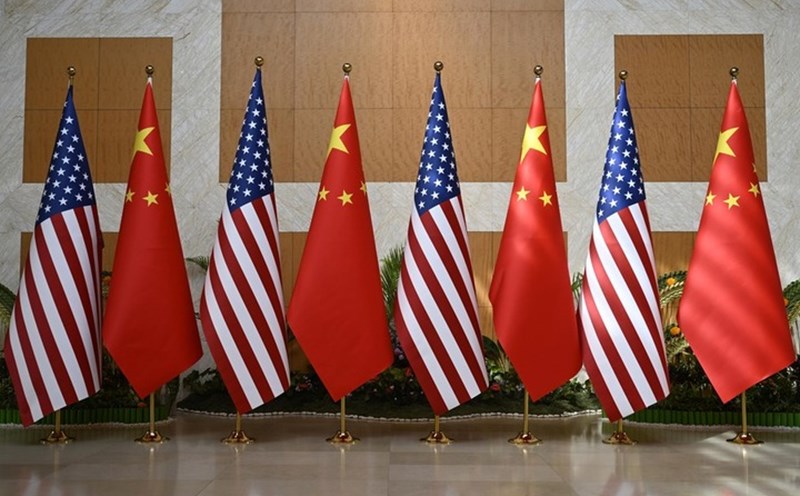President Xi Jinping will visit Kazakhstan from June 16 to 18, 2025 and attend the China - Central Asia Summit in Astana. This conference focuses on key areas such as transportation, energy, security governance, digital economy and green transformation. This is the second China - China Summit after the first conference in Xi'an (China) in 2023, where Chairman Xi Jinping pledged to strengthen trade and investment relations with Central Asian countries.
Central Asia is a region rich in resources and strategically located near China's Xinjiang border. According to expert Trieu Long from the Shanghai International Research Institute, China is currently shifting its focus from quantity to quality of cooperation projects, especially emphasizing the realization of signed agreements and bringing specific results.
In the context of global tariff tensions launched by the US, this conference creates an opportunity for China and Central Asian countries to strengthen strategic coordination. The US imposes a 10% tax on most imports from Central Asian countries, except for Kazakhstan - which is subject to a 27% tax rate. However, the Kazakhstan Ministry of Commerce said most of its main exports to the US such as crude oil, uranium, silver and iron alloy are exempt.
Expert Yunis Sharifli of the China - South Global Project commented that Central Asia has the potential to become an attractive destination for Chinese investment in the fields of logistics, light manufacturing and energy industry. China may step up cooperation with Central Asia to protect the western border and maintain stability in the region, in the context of increasingly fierce competition between the US and China.
Regarding infrastructure cooperation, this conference is expected to promote the specific progress of the China - Kyrgyzstan - Uzbekistan railway project worth 8 billion USD, expected to start construction in July. This railway line will connect Xinjiang (China) directly with Uzbekistan via Kyrgyzstan, contributing to reducing dependence on Russia's transport network. The project is expected to be completed in 2030.
China also shows increasing interest in the Middle Corridor - a trade route connecting China via Kazakhstan, the Casp Sea, Azerbaijan, Gruzia and Turkey to Europe. The expansion of the route is a strategy to reduce dependence on transit routes through Russia, which were disrupted after the Russia-Ukraine conflict.
In 2024, trade turnover between China and Central Asian countries reached a record of 94.8 billion USD, up 5.4 billion USD compared to the previous year. Central Asia mainly exports to China resources such as oil, gas, rare metals and minerals. Meanwhile, Chinese investors have stepped up their presence in the region, especially in the oil and gas sector.
Kazakhstan is currently the largest oil producer in the region, while Turkmenistan and Uzbekistan are the main gas suppliers. The area is also home to the Central Asia - China gas pipeline, one of the world's longest gas pipeline systems, which plays an important role in Beijing's energy security strategy.
Three of the pipeline's four routes are now in operation, the final route is currently stalled due to price disputes and delays in signing supply contracts. This summit may be an opportunity for the parties to find ways to remove technical problems, agree on finance, construction or contract prices.
In addition to oil and gas, renewable energy is also opening up a promising cooperation direction between China and Central Asia.











